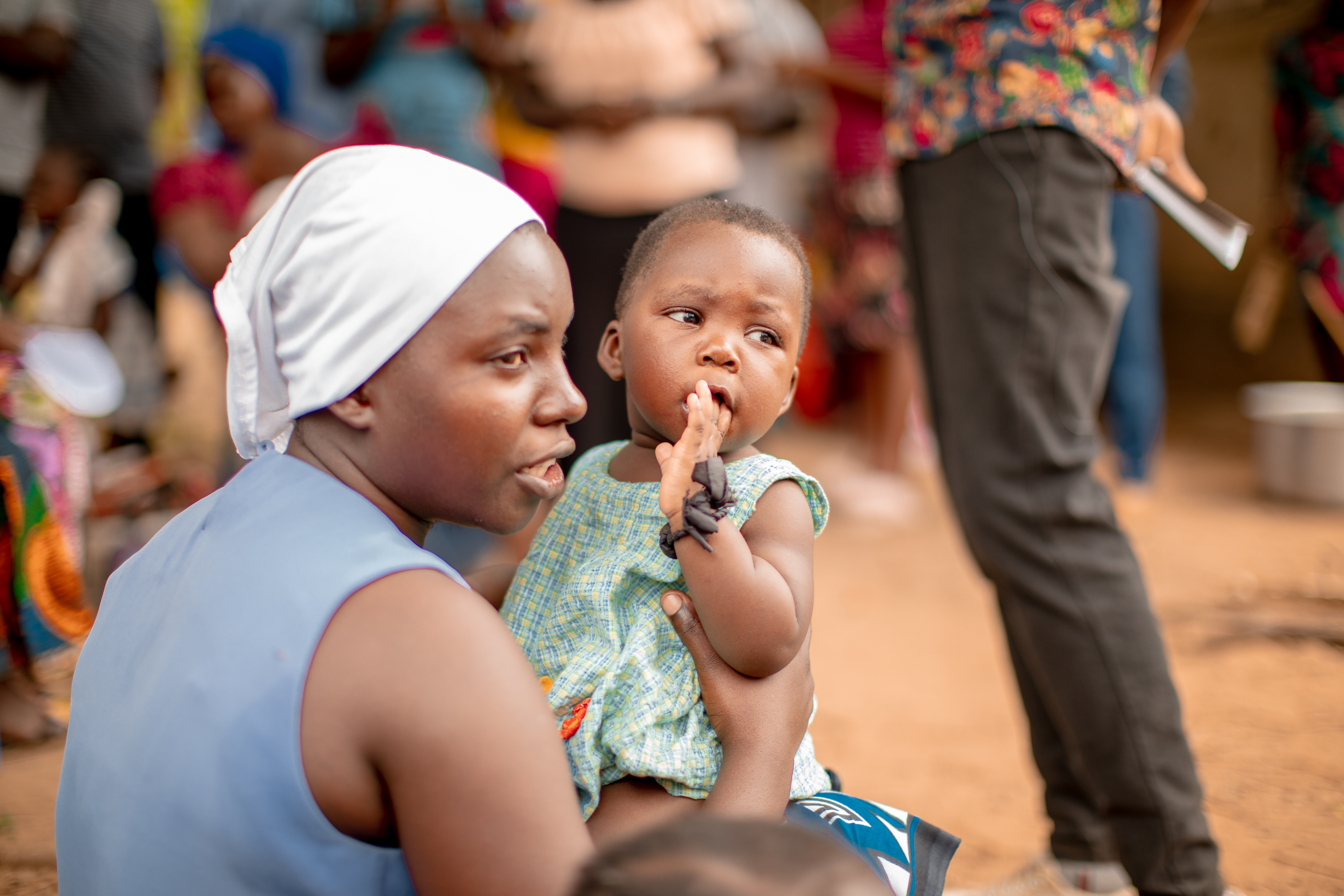
Principal Investigator: Dr. Esther Elisaria
Project leader/ Coordinator: Jackline Mrema
Project Administrator: TBC
Funding Partner: World Vision
Start date: Dec. 1, 2023
End date: Dec. 31, 2030

Realizing gender equality, attitudinal change & transformative systems in nutrition (REACTS-IN)
The project titled "Realizing gender equality, attitudinal change & transformative systems in nutrition (REACTS-IN)" implemented by Ifakara Health Institute and key partners aims to improve nutrition and health systems with a focus on the gender dimensions of malnutrition and contribute to achieving the World Health Assembly’s global nutrition targets.
REACTS-IN will implement integrated, multisectoral, evidence-based interventions that will address the key determinants of nutrition, gender inequalities and sexual reproductive health to improve the health and nutrition of women, adolescent girls and children under five in Bangladesh, Kenya, Somalia and Tanzania.
Background
With only a few years remaining for countries to meet the Sustainable Development Goals SDG; 2015-2030), the gap to reach many of the SDG 2 (achieving gender equality and women's empowerment) targets keeps widening each year.
The alarming global under-nutrition situation among women, young girls, and boys has worsened due to the deepening hunger crises, sharp declines in household incomes, climate shocks, dramatic decreases in the availability and affordability of nutritious foods, and disruptions in healthcare accessibility, including nutrition services and social protection services.
In Tanzania's case. the situation over the past three decades has witnessed a notable decrease in the nationwide prevalence of stunting, declining from 50% in 1992 to 30% in 2022 (DHS, 2022). However, this decline masks ongoing disparities, with stunting remaining notably higher in Tanzania Mainland (30%) compared to Zanzibar (18%).
Additionally, all three nutritional status indicators - stunting, anemia, and mortality rates disproportionately affect children from the lowest wealth quintile and rural areas, highlighting entrenched socioeconomic disparities (DHS, 2022).
On the other hand, Gender inequalities still exist in Tanzania whereas in 2022 DHS, more than half (55%) of currently married women report making decisions, either alone or jointly with their husbands on issues related to their health care, major household purchases, and visits to their families and relatives. Also, 48% of women and 32% of men believe that a husband is justified in beating his wife (DHS,2022).
This presentation targets to evaluate the REACT-IN project in Tanzania only. The evaluation will assess if the integrated multisectoral interventions implemented by project partners have led to:
- Improved nutrition, nutrition-related rights, and gender equality for poor women, adolescent girls, and children under 5 years of age in Tanzania
- Improved adoption of gender equitable practices in nutrition, health, and SRHR at the individual, household, and community levels
- Improved knowledge and self-efficacy of women and adolescent girls to negotiate access to and control over nutrition-specific and sensitive health, WASH, and SRHR services
- Strengthened delivery of gender-equitable and responsive nutrition, health, and SRHR services for the poorest and the most marginalized women, adolescent girls, and children
- Enhanced capacity of health infrastructure, information, technology, and capacity for prevention and management of acute malnutrition (hunger crises) in communities
The evaluation will be conducted in the Simiyu Region of Tanzania, focusing on intervention and control districts. Key indicators include the prevalence of stunting, wasting, anemia, feeding practices, early sexual initiation, and teenage pregnancy.
Baseline report and dissemination
Ifakara Health Institute will develop a country report summarizing the major findings and recommendations for the relevant local authorities and World Vision country offices. Present preliminary findings to key local stakeholders including government officials, healthcare professionals, and local health agency leaders. With feedback from the local stakeholders and relevant policy makers, the results will be finalized and reported by the in-country partners
Overall, the REACTS-IN project which is funded by World Vision Canada, aims to contribute to closing the gap in achieving SDG targets related to gender equality and nutrition in Tanzania.
Learn more here.
